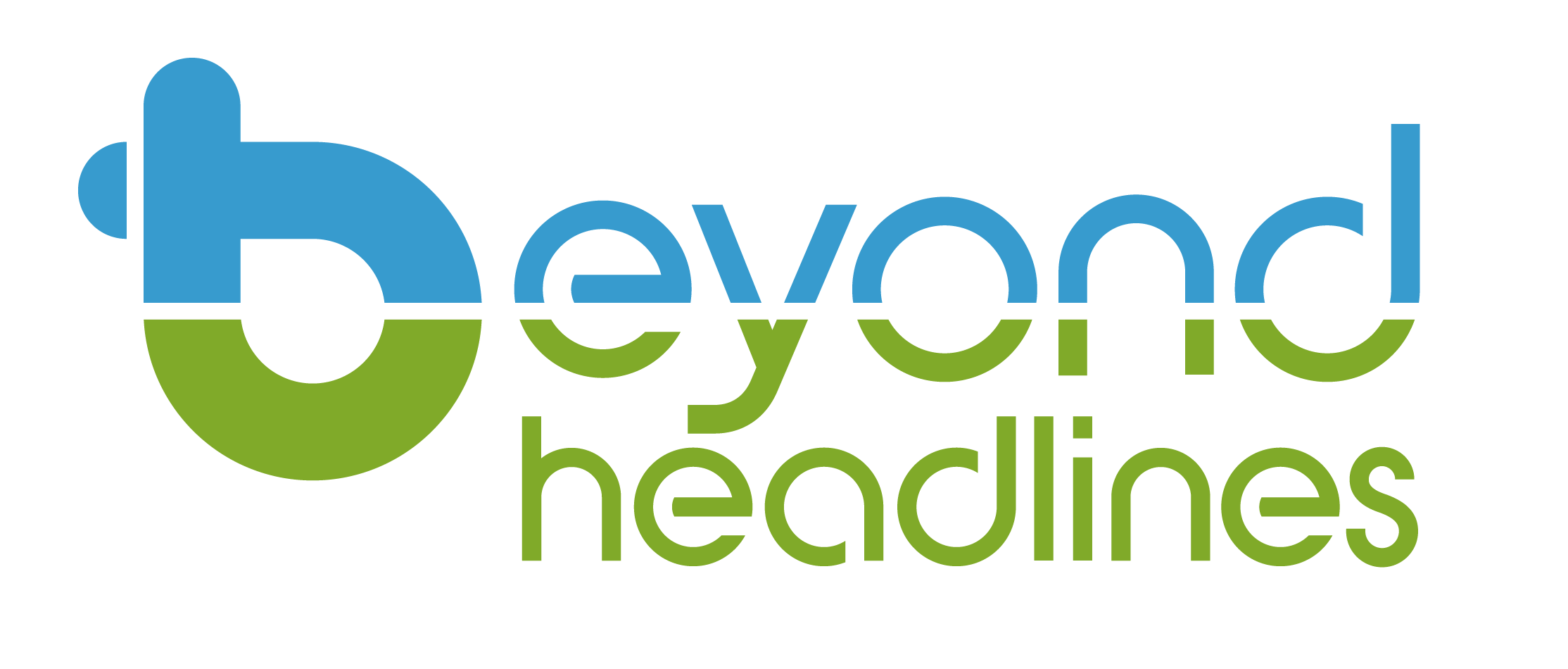Zhang Meiou / Assistant General Manager of China Aid Mauritania Livestock Industry Technology Center
One third of the population in Mauritania is entirely dependent on livestock industry. Improving the whole industry is key to improving people's livelihoods.
This is Mauritania, in West Africa, a member of the Belt and Road initiative. In the downtown of the capital city Nouakchott, old vintage cars can be seen everywhere. Sheep raised by the residents are eating garbage on the roadside. But just sixty kilometers away on the east, there is an oasis on the edge of the Sahara Desert. Cows are healthy and well-fed. It turns out that China has created a “desert miracle” here.
Zhang Meiou / Assistant General Manager of China Aid Mauritania Livestock Industry Technology Center
They are not only technologically backward. They are lack of advanced technology and healthy pasture for feeding their cattle. Then, the vicious cycle begins. Their cattle are too hungry and eat excessively whenever they find a grassland. Desertification continues to worsen.That’s why we have planted a number of different grasses there including juncao, medicago sativa, sorghum Sudangrass Hybird and sorghum sudanense. Combined with China’s water-saving irrigation technology, we consistently make progress.
Mauritania, a former French colony adopts French as its official language. After graduating from a business school in France, Zhang Meiou returned to her hometown of Ningxia in China. Taking advantage of her language proficiency, she began making business trips to Mauritania in 2016. Except for the epidemic period, she spent half of her time there every year. She is responsible for daily operation of the China-aid Mauritania Livestock Industry Technology Center, bringing advanced agricultural technology from her hometown to Africa.
Zhang Meiou / Assistant General Manager of China Aid Mauritania Livestock Industry Technology Center
Ningxia is similar to Mauritania in three key aspects. Culturally, as a Hui Autonomous region with major population of Hui ethnic group, Ningxia shares the same Islamic beliefs with Mauritania, making cultural integration easier. Geographically, both areas surrounded by deserts. Ningxia experiences similar climates with high temperature, light rainfall and large diurnal range of temperature. Thirdly, livestock industry is a thriving industry in Ningxia with a good utilisation of agricultural by-products. If Mauritania wants to develop its livestock industry, Ningxia’s experience could be useful. Mauritania will have to research as to how they could maximize the value of livestock industry products and industrial chains including utilizing the cattles’ internal organs cowhide and even cow’s horns for by-products and using hoofs to make ready-to-cook food.
Two thirds of Mauritania's territory is located in Sahara Desert with only a two-month rainy season. Despite these harsh conditions, Chinese experts still foresee its potential advantages. The long duration of sunshine is ideal for growing medicago sativa, known as “King of herbage”. However, the local per capita GDP in 2022 is less than US $2400 (equivalent to HK $18000) which is only HK $1500 monthly. The meat and milk yield of cattle has stagnated, hindering income growth. Luckily, the arrival of Chinese experts helped to solve this development bottleneck.
Zhang Meiou / Assistant General Manager of China Aid MauritaniaLivestock Industry Technology Center
Some local farmers tried importing adult cows and breeder bulls from Europe for crossbreeding, but almost all of them died within three months due to climate differences and poor forage quality in Mauritania. Our experts have adopted embryo transfer and frozen semen hybridization to solve this problem. A calf born through embryo transfer is much more adaptable to the local environment, compared to the directly imported cattle. The average daily milk yield of the local cattle was 10 liters per day. After our intervention, the average milk yield of our Holsteins and Montbeliards has reached 50 liters per day. They are now receiving five times as much income from milk production. We have donated eight Holsteins from transferred embryos to eight representative tribes in order to improve the native cattle breeds through hybridization.
Livestock Industry Technology Center in Africa was built with the assistance of the Chinese government and has been operated for about ten years. Different technical trainings are held here every year, benefiting over 1200 local people so far.
Zhang Meiou / Assistant General Manager of China Aid Mauritania Livestock Industry Technology Center
We hope to promote our technology and establish more centers like this in other countries who are the members of the Belt and Road Initiative. Mauritania is not the only country benefiting from improved cattle breeds. Other neighboring countries like Senegal and Mali are also included. In China, we have a common phrase, “Peaceful development”. China’s emergence has been manifesting the spirit of sharing. We are living in the same global village and we hope that each and everyone of us can have good development, so that all of us could have better resources to realise an overall betterment of our lives.




![[Global Connect] Jimmy Lai’s Trial: Insights from Ex-City Leader CY Leung](https://img.beyondheadlines.hk/articles/cover/20251217/8721d4b067482ae472a95584d110d1d3.jpg!w800)

![[Global Connect] Giant Panda Twins to Depart Japan in January](https://img.beyondheadlines.hk/articles/cover/20251219/5029ea99a73159f66e167cc81426e89f.jpg!w800)
![[Global Connect] Belarus and China: A Cross-Cultural Collaboration in Traditional Herbal Medicine](https://img.beyondheadlines.hk/articles/cover/20251015/231d1d467495888925457fa83f8bd505.jpg!w800)
![[Global Connect] Hong Kong ranks 4th in World Talent Ranking 2025](https://img.beyondheadlines.hk/articles/cover/20251008/467e7da6418b9332b09abf8d65af6035.jpg!w800)

![[Global Connect] Jimmy Lai Trial: Insights from a Former City Leader](https://img.beyondheadlines.hk/articles/cover/20251217/be54e792f0eea3e3d6dc6460a111e68c.jpg!w800)
![[Global Connect] Palace Museum Masterpieces Go on Show in Vienna](https://img.beyondheadlines.hk/articles/cover/20251205/dc8649fa7aff98835b10f6449c06a1dd.jpg!w800)
![[Global Connect] Zimbabwe Taps into the Power of Traditional Chinese Medicine](https://img.beyondheadlines.hk/articles/cover/20251107/534eeb39021751e6622dbc73c1241843.jpg!w800)
